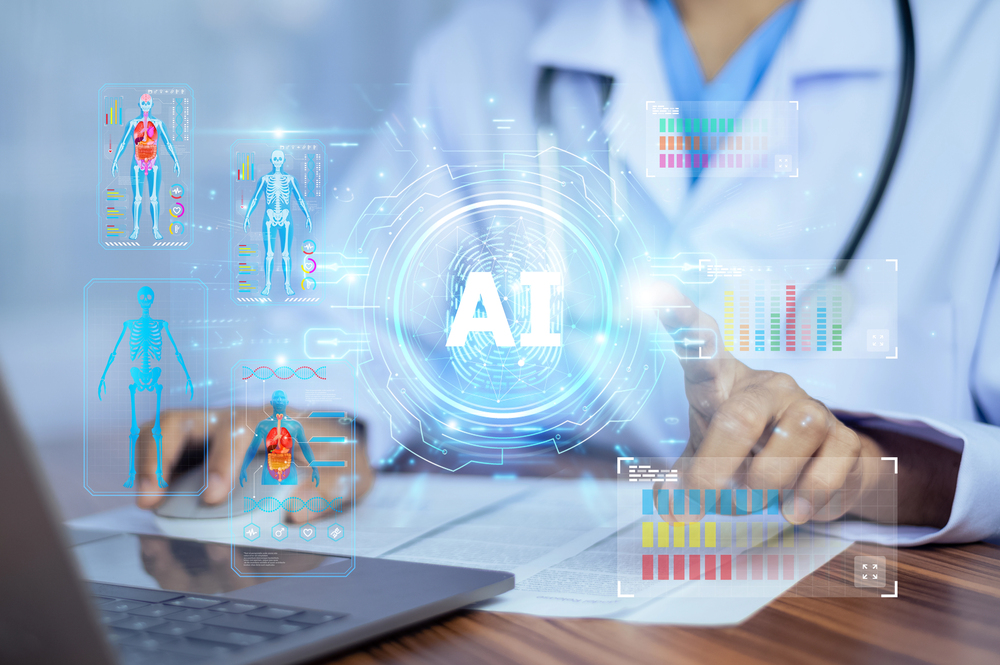
Let’s continue our discussion on how AI is revolutionizing the healthcare industry and the benefit of using it to automate healthcare tasks. Tasks that are repetitive and require a great deal of data analysis are prime candidates for AI assistance. This frees up healthcare professionals to do what they do best – provide direct patient care and engage in complex decision-making. As a result, we’re achieving better outcomes with greater efficiency.
Ways in Which AI is Being Used to Automate Healthcare Tasks
Administrative Functions
- AI is adept at scheduling appointments, sending reminders, and completing patient check-ins, thereby reducing staff workload and minimizing errors.
- AI is excellent at documenting patient encounters, releasing doctors from this burdensome task.
- AI can easily request prior authorizations and file health insurance claims.
- AI can quickly pack prescription refills.
- AI can expertly supervise supply chains and optimize inventory management.
Clinical Functions
- Triaging cases in a busy emergency room ensures the sickest patients receive care first.
- Interpreting medical imaging and other diagnostic support tools aids practitioners in accurate diagnosis.
- Generating personalized treatment plans improves the chances of success of therapy (see my previous newsletter on this topic).
Patient Engagement
- Chatbots trained in AI can field medical questions and help direct patients to appropriate care.
- Wearable devices can monitor patient vitals and alert them to seek intervention.
Drug Research
- AI can accelerate drug discovery by identifying promising candidates earlier in the process, thereby reducing costs and possibly minimizing testing on animals.
- AI can help develop optimal dosage forms; similarly, it can modulate storage conditions.
- AI can assist in clinical trial design, suggesting the most relevant patient populations, dosage regimens, outcomes, and safety signals. Consequently, the clinical trial protocol can be streamlined.
Finally, healthcare professionals should oversee all AI systems to ensure they are being used ethically and responsibly.
As a pharmacist, I am particularly well-suited to providing input on AI-assisted healthcare. Furthermore, I can help you train your AI system to promote better patient engagement and empowerment and help you discover how to use AI to improve your outcomes.
